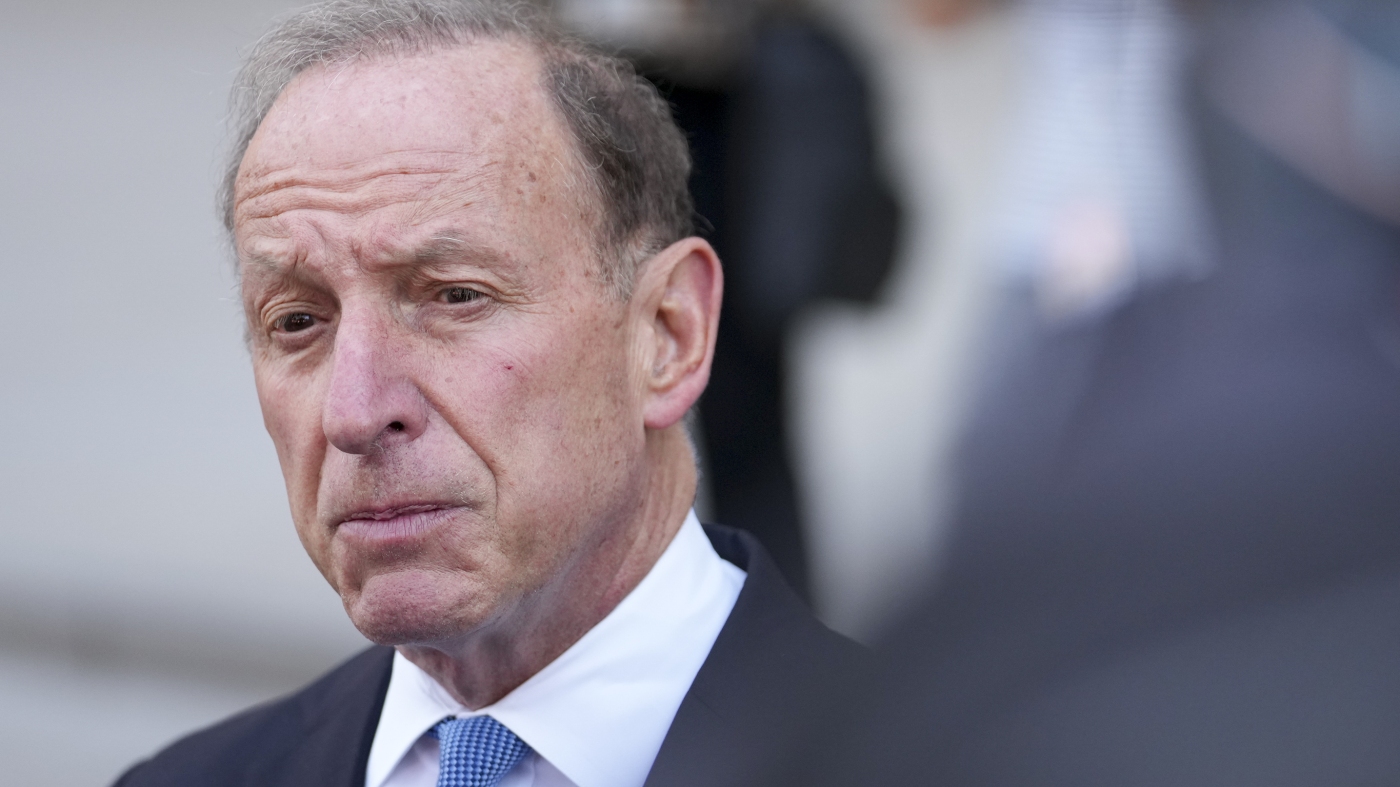“`markdown
The legal profession in the United States has long been a cornerstone of democracy, ensuring due process, representation, and the rule of law. However, the return of Donald Trump to the presidency has ushered in an era of unprecedented challenges for law firms and attorneys who oppose his agenda. This report examines the systematic targeting of legal professionals, its constitutional implications, and the broader erosion of legal independence under the current administration.
—
Introduction: A Legal Profession Under Siege
The Trump administration’s retaliatory actions against law firms mark a dangerous departure from democratic norms. By weaponizing executive power to punish attorneys who challenge his policies or represent his adversaries, Trump has created a climate of fear that threatens the very foundation of the justice system. This report explores the mechanisms of this targeting, its consequences, and the urgent need for resistance.
—
The Mechanisms of Legal Retribution
Executive Orders as Political Weapons
Trump has leveraged executive orders to blacklist firms from federal contracts and restrict their access to government resources. These measures are often justified under vague pretenses of “national security” or “conflict of interest,” but their true purpose is clear: silencing dissent. For example, firms representing clients in lawsuits against Trump—such as those involving election fraud claims—have faced sudden scrutiny and punitive measures.
The Coercive Power of “Deals”
To avoid retaliation, some firms have entered into agreements with the administration, offering pro bono services for causes aligned with Trump’s interests. These backroom deals blur ethical boundaries, forcing firms to choose between self-preservation and professional integrity. The message is unmistakable: comply or face ruin.
—
The Constitutional Crisis Unfolding
Erosion of Due Process
The right to legal representation is enshrined in the Sixth Amendment, yet Trump’s actions have created a chilling effect. Lawyers now hesitate to take on controversial cases, fearing professional and financial repercussions. This undermines the adversarial legal system, where robust representation is essential for justice.
The Rise of Self-Censorship
Interviews with attorneys in Washington reveal a pervasive atmosphere of anxiety. Many report avoiding cases involving Trump-related controversies, while others have restructured their practices to minimize risk. This self-censorship distorts the legal landscape, leaving fewer advocates to hold power accountable.
—
Case Studies: Retribution in Action
Abbe Lowell’s Defiant Stand
Veteran attorney Abbe Lowell’s decision to launch a new firm dedicated to representing Trump’s targets is both a rebuke and a lifeline. His firm’s work highlights the growing demand for fearless legal advocacy in an era of intimidation.
Susman Godfrey’s Legal Battle
The lawsuit filed by Susman Godfrey against Trump—accusing him of “revenge tactics” for their representation of Dominion Voting Systems—exemplifies the administration’s brazenness. The case could set a precedent for whether the judiciary will curb executive overreach.
—
Broader Implications for Democracy
The Threat to Judicial Independence
When law firms are pressured to align with political agendas, the separation of powers erodes. The judiciary’s ability to check executive power depends on lawyers who can operate without fear—a principle now in jeopardy.
A Blueprint for Future Authoritarianism
Trump’s tactics could normalize the politicization of legal practice, encouraging future leaders to punish opponents through regulatory and financial means. The long-term damage to institutional trust may be irreversible.
—
Conclusion: Defending the Rule of Law
The targeting of law firms is not just an attack on attorneys—it is an assault on democracy itself. The legal community must respond with unity, leveraging bar associations, courts, and public advocacy to resist coercion. The alternative—a justice system beholden to political whims—is unthinkable. As history has shown, when lawyers are silenced, tyranny follows. The time to act is now.
“`











